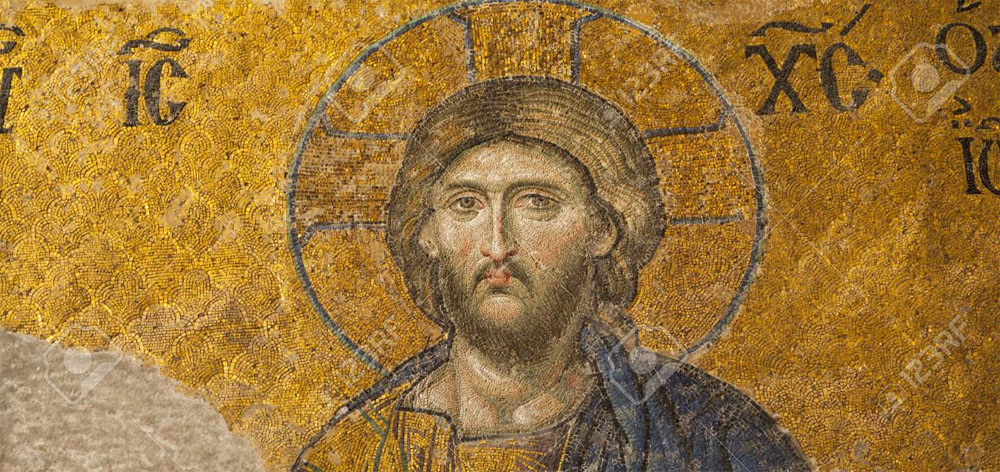When Mark tells the story of “Rich, Young Ruler” the title character is initially described literally as “one running toward him and kneeling when he (Jesus) was going out in the way.” We don’t find out about his wealth until the very end and he’s never described as young or a ruler. Those details are provided in other Gospels. But where Mark’s account really differs from those of Matthew and Luke is in the dialog between the man and Jesus, especially in the list of commandments Jesus quotes to him. Notably there is one which is not explicitly among the Ten: Μὴ ἀποστερήσῃς. Literally, “No Defrauding!”
The ancient Greeks seemed to have used ἀποστερήσῃς primarily to describe being cheated in some kind of transaction. Although, interestingly, Aristotle used it to describe drawing a negative conclusion in logic. Wouldn’t it be fascinating if Jesus really meant “No Drawing Negative Conclusions!”?
But returning to the obvious and likely meaning. Why would Mark put this extra commandment in the list? Could it be because of another distinction in the Markan account? To wit: “Looking at him, Jesus loved him.” Was this a special message for this man who Jesus knew would reject him because he had many possessions? “I love you. Please don’t cheat yourself out of heaven. You’re so close! Don’t draw a negative conclusion from what I’m about to tell you.”
As Christians we probably don’t engage in much fraud directed against others. But how often do we cheat ourselves?



